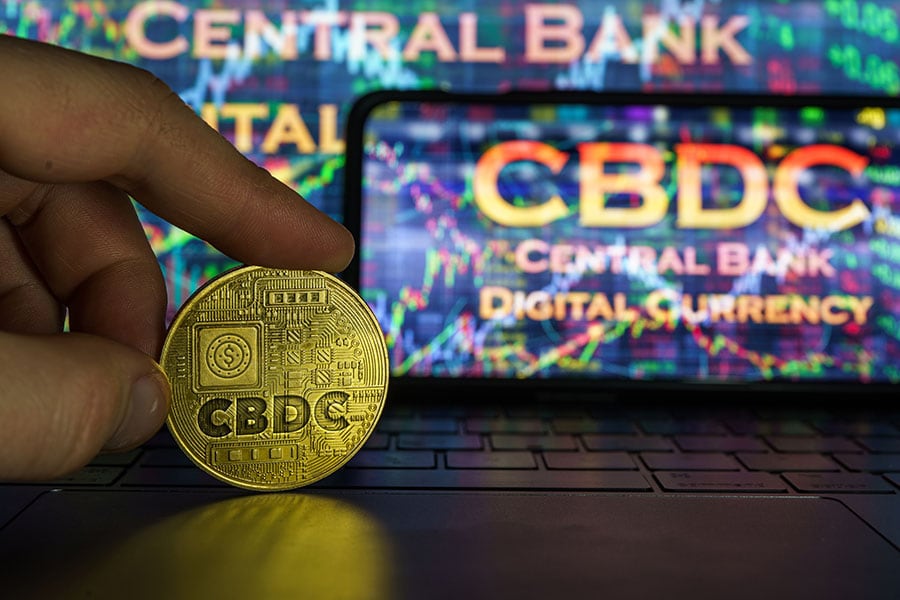Project Sela Releases Results for Retail CBDC Trials
The Bank for International Settlements and the Central Banks of Hong Kong and Israel have concluded initial testing for their retail central bank digital currency


 Image: Shutterstock
Image: Shutterstock
In a groundbreaking development that has the potential to revolutionise the digital payments landscape, the Bank for International Settlements (BIS), in collaboration with the central banks of Hong Kong and Israel, unveiled the results of Project Sela on September 12.
Notably, Project Sela is a public-private partnership aimed at creating a Retail Central Bank Digital Currency (rCBDC) that combines the advantages of physical cash with the efficiency of digitalisation.
At the heart of Project Sela"s success is the collaboration between central banks and select private sector entities, each bringing their unique strengths to the table. The key private participants in this initiative include fintech giants FIS and M10 Networks, which are responsible for providing core products. Legal analysis is overseen by Clifford Chance, while Check Point Software Technologies handles cybersecurity.
Within the Sela ecosystem, the central bank issuing an rCBDC maintains a ledger of pseudo-anonymous end-user accounts. This allows for instantaneous settlement through a Real-Time Gross Settlement (RTGS) system, enhancing transaction efficiency compared to traditional methods.
As intermediaries, funding institutions manage users" accounts and facilitate the conversion of rCBDC into bank deposits or cash, making it accessible to a wide range of financial institutions. This inclusivity is expected to foster healthy competition and expand user access to digital financial services, benefiting small and medium-sized enterprises (SMEs), charitable organisations, and e-commerce providers.
Sela also reduces regulatory burden on access enablers, who handle customer-facing services such as Know Your Customer compliance, endorsements, and routing. These intermediaries do not create accounts, manage records, or control money, which lowers entry barriers and encourages broader participation in providing rCBDC services.
Project Sela does not seek to eliminate traditional financial institutions like banks and credit unions. Instead, it offers a complementary ecosystem where rCBDC users do not need to be account holders with these institutions to enjoy the convenience of converting digital currency to or from cash. The central banks seamlessly settle payments, and users retain control over their funds throughout the process.
However, a potential weakness identified in the Sela ecosystem is the reliance on Real-Time Gross Settlement (RTGS) systems. These systems are typically not available 24/7 and are not optimised for frequent small transactions, posing challenges for a digital currency designed for everyday use. Project Sela acknowledges this concern and is actively exploring technical solutions to address this issue.
Project Sela represents a significant milestone in the evolution of central bank digital currencies. By harnessing the expertise of central banks and private sector innovators, this initiative has the potential to reshape how digital payments are conducted, fostering inclusivity and competition in the financial services sector.
Shashank is the founder of yMedia. He ventured into crypto in 2013 and is an ETH maximalist. Twitter: @bhardwajshash
First Published: Sep 14, 2023, 14:52
Subscribe Now